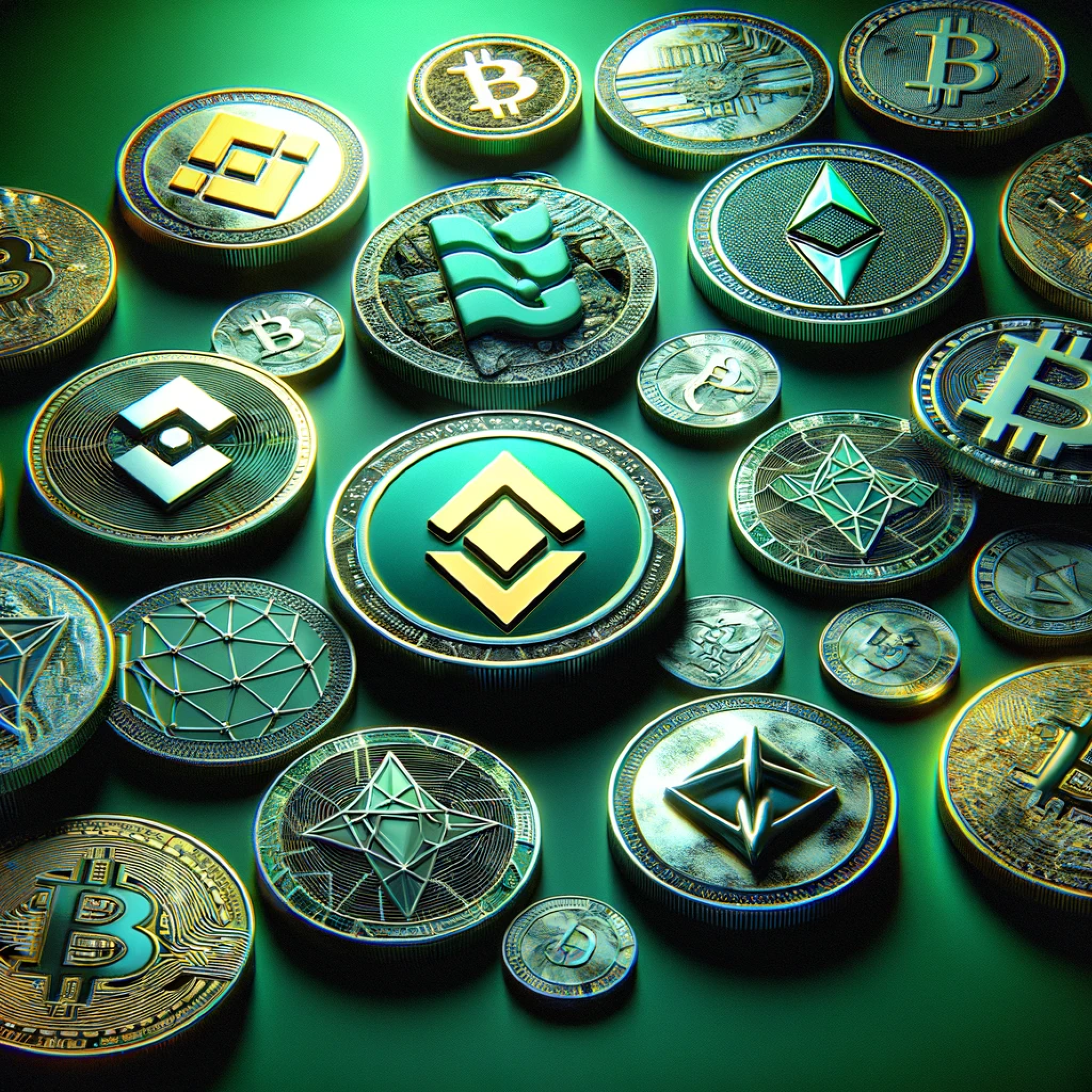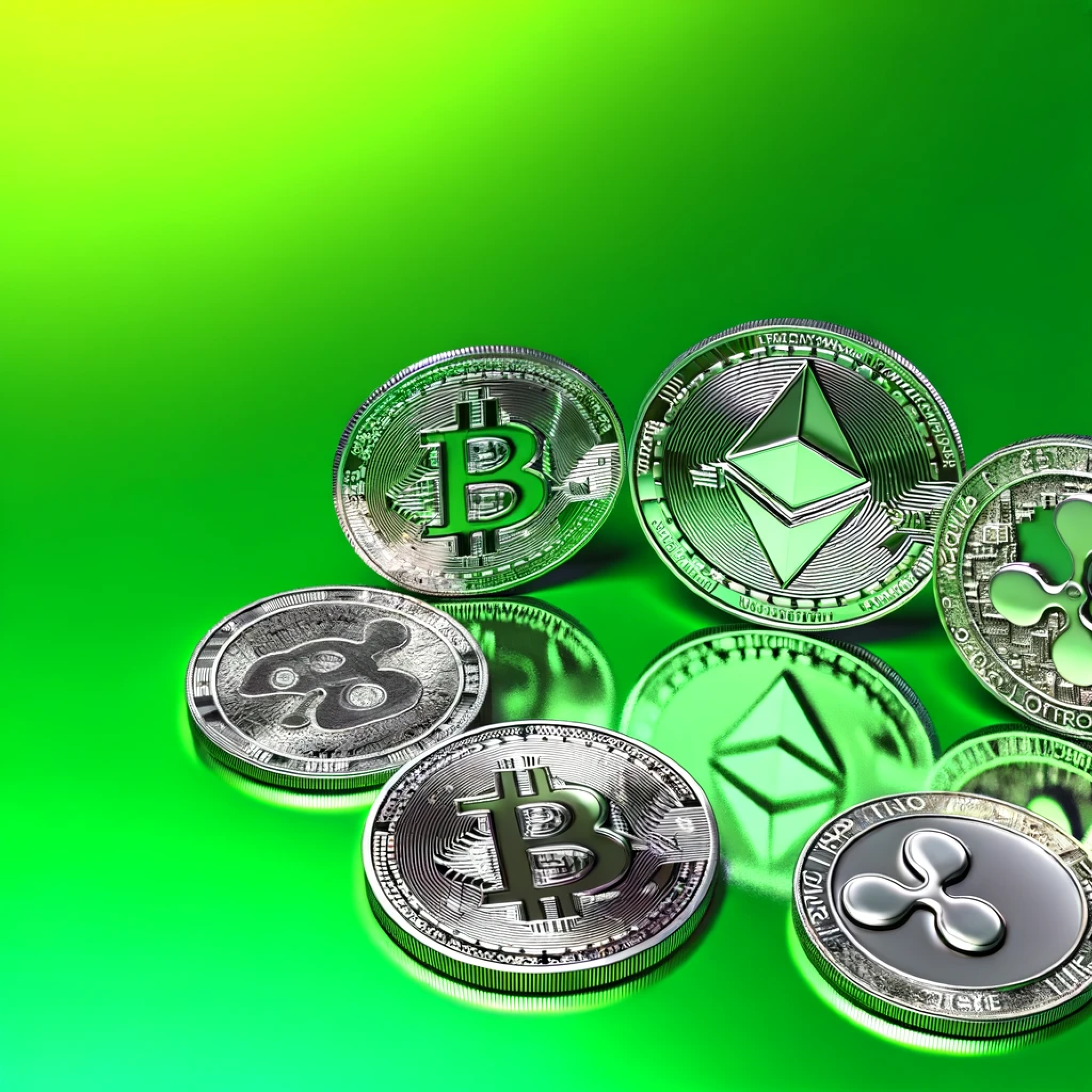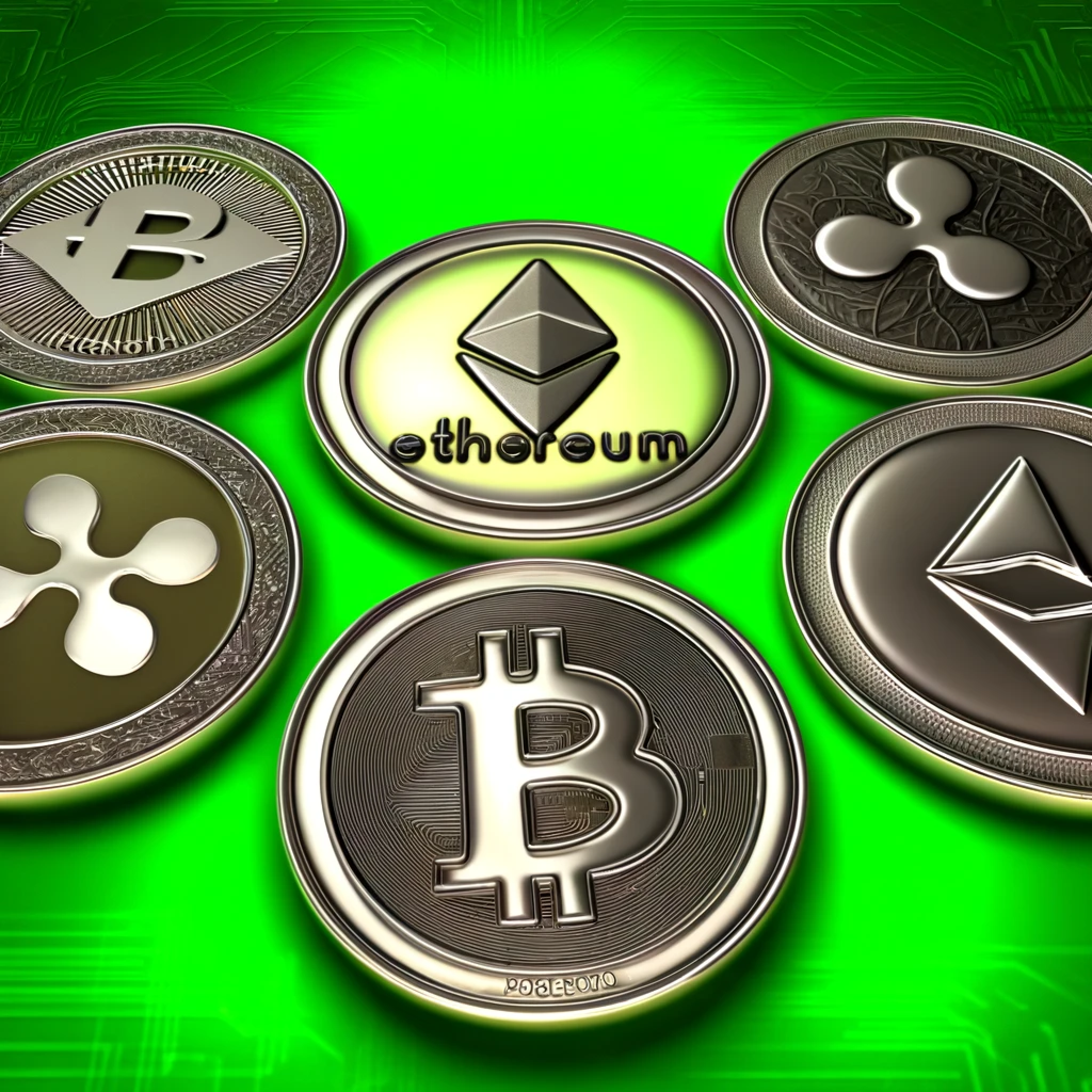Important Disclosure: The content provided does not consider your particular circumstances and does not constitute personal advice. Some of the products promoted are from our affiliate partners from whom we receive compensation.
If you require any personal advice, please seek such advice from an independently qualified financial advisor. While we aim to feature some of the best products available, this does not include all available products from across the market. Although the information provided is believed to be accurate at the date of publication, you should always check with the product provider to ensure that information provided is the most up to date.
Don’t invest unless you’re prepared to lose all the money you invest. This is a high-risk investment and you should not expect to be protected if something goes wrong. Take 2 mins to learn more

Forbes Advisor has provided this content for educational reasons only and not to help you decide whether or not to invest in cryptocurrency. Should you decide to invest in cryptocurrency or in any other investment, you should always obtain appropriate financial advice and only invest what you can afford to lose.
Who let the Doge out?
The price of cryptocurrency Dogecoin has risen by eye-popping amounts since the start of the year – and its rise has been given further impetus by rumours swirling around the crypto world that Elon Musk, who has supported Dogecoin in the past, might incorporate the currency into his future corporate expansion plans.
Does this means investors should be piling in, even if it was originally created as a joke version of Bitcoin? Or is now the moment to steer clear in anticipation of a major price correction?
Or should the whole cryptocurrency concept be given the widest of berths?
Here’s what you need to know.
Read this for more on cryptocurrencies.
First, (the usual and essential) crypto wealth warning
If your financial plans require you to sleep easily at night, cryptocurrencies are definitely not for you. The UK’s financial watchdog, the Financial Conduct Authority, is at pains to point out the risky and speculative nature of cryptocurrencies.
And there are many in the financial community who have concerns. For example, Susannah Streeter, senior investment and markets analyst at financial adviser Hargreaves Lansdown, says: “Investors who don’t have cash to burn would be wise to heed the FCA’s warning. If people dabble in products they don’t fully understand, they risk losing all their money.”
Not only are cryptocurrencies notoriously volatile but, unlike other parts of the financial services market, investors aren’t eligible for compensation if things go wrong.
What is Dogecoin?
Which brings us on to Dogecoin, a cryptocurrency popular with amateur investors that’s based on an internet ‘meme’ (a witty or memorable online phrase or image). The meme, of a type of Japanese dog called Shibu Inu, has subsequently become the cryptocurrency’s mascot.
Who created Dogecoin?
Dogecoin (trading ticker DOGE) was invented in 2013 by IBM software engineer Billy Markus and Adobe software engineer Jackson Palmer. Their aim was to create a joke version of the already established Bitcoin.
To the engineers’ surprise, people started using Dogecoin as soon as the product was released.
How has Dogecoin performed?
If Dogecoin started off as a joke, figures underpinning the cryptocurrency are deadly serious. Dogecoin’s value has risen by more than 14,000% since the start of 2021. Dogecoin’s price is currently around 0.60$, while the price tracking website CoinMarketGap puts its market capitalisation at around $78 billion, making it the fourth largest cryptocurrency. In comparative terms, however, it remains a relative minnow behind the big two: Bitcoin at $1.1trillion and Ethereum at $405billion respectively, with Binance Coin coming in at just under $100million.
What’s triggered Dogecoin’s surge?
Dogecoin’s standing has been enhanced by tongue-in-cheek endorsements from high-profile showbusiness names including rapper Snoop Dogg and Gene Simmons, front man of rock group Kiss.
More significantly, a 2019 Twitter poll decided Elon Musk should be Dogecoin’s chairman. The Tesla boss saw the funny side and, since then, has played along with the exercise, issuing supportive tweets saying Dogecoin is his favourite cryptocurrency.
With his personal Twitter account boasting 53 million followers, even a fleeting pro-Dogecoin comment from Musk has the effect of bolstering the cryptocurrency’s popularity and therefore its investment appeal.
On Saturday 8 May 2022, Musk hosted the hit US NBC TV sketch show Saturday Night Live. In a tweet about his appearance, Musk went so far to describe himself as ‘The Dogefather’.
And yesterday, 15 February, DOGE prices rose 7% shortly after Musk posted a photo of a Shiba Inu dog to his 129 million Twitter followers.
How to buy Dogecoin
As Dogecoin’s popularity has increased, so its availability has widened. Some online providers including eToro have recently confirmed that Dogecoin can be bought via its platform, thus expanding the potential number of investors who may decide to get on board.
In the case of eToro, investors have the option to buy Dogecoin tokens or trade derivatives based on the underlying cryptocurrency price.
Should you buy Dogecoin?
When it comes to cryptocurrencies of any variety, financial professionals advise caution.
After all, any asset that potentially appreciates purely on the back of a mention during a prime-time TV show or social media thread is worth pausing over before hitting the ‘buy’ button.
Laith Khalaf, financial analyst at AJ Bell, says: “Dogecoin in some ways epitomises cryptocurrency, having started as a joke, and now finding itself surging in value. This highlights how difficult it is to predict with any accuracy which cryptocurrencies, if any, will end up staying the course.
“This sort of flippant, devil-may-care approach to life is entirely commendable in the context of a bit of entertainment, but it doesn’t make such a good bedfellow to sound financial planning.”
Hargreaves Lansdown’s Susannah Streeter is similarly wary: “Investors should be extremely cautious about getting caught up in this herd mentality because Dogecoin is very much a speculative bet whose valuation has no reliable basis.
“Demand has come from traders trying to ‘game’ the system and others hoping to benefit from future price rises rather than use the coins as a means of exchange. Predicting the point at which demand subsides and prices begin to fall is very difficult, if not impossible.”
And, as with many fashionable investment opportunities from the tulip fever of the 1630s to the dot.com bubble of the early 2000s, there is also a fear-of-missing-out factor at play.
Streeter says: “Speculation is rife that the appearance Elon Musk on US prime time TV on Saturday could lead to further gains in the currency. FOMO on a future rally appears to be intensifying the frenzied behaviour, rather than any fundamental belief in the use of the coin.”
Cryptocurrency is unregulated in the UK. The UK regulator, the Financial Conduct Authority, has repeatedly warned investors that they risk losing all their money if they buy cryptocurrency, with no possibility of compensation.




